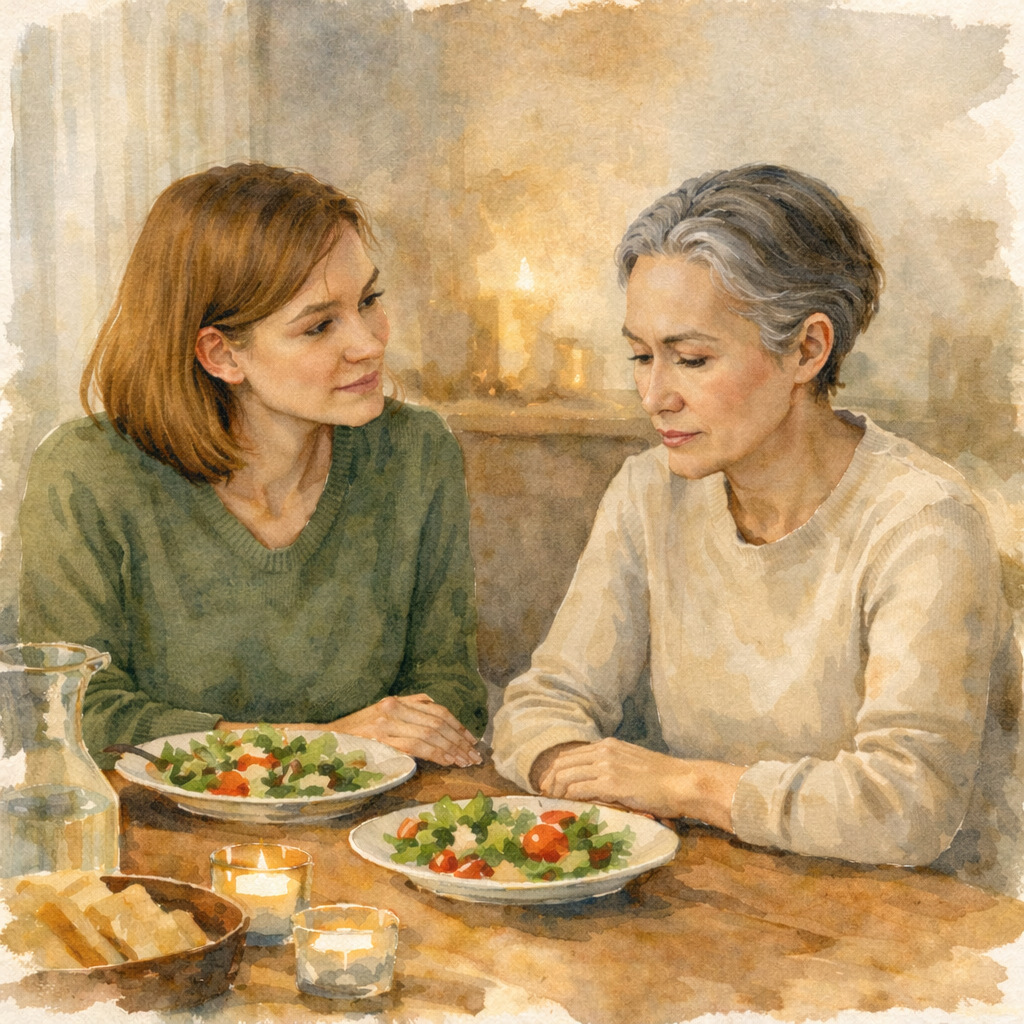When facing the end of life, many families discover that medical care and legal planning only address part of the experience. Emotional, spiritual, and practical needs often remain unmet. This is where death doulas can play an important role.
A death doula, sometimes called an end-of-life doula, offers non-medical support to individuals and families during the final stages of life. Their role can include sitting with someone who is dying, helping a family prepare emotionally, or guiding conversations about legacy and meaning.
Death doula services vary widely in cost, since there is no single certification or national pricing standard. Here is a general range based on what is publicly available from doula networks and individual practitioners:
- Hourly rate: $25 to $100 per hour, depending on location, training, and experience.
- Flat packages: $500 to $5,000 for a set number of visits, legacy projects, or support through the active dying process.
- Sliding scale: Some doulas adjust pricing based on family needs or offer volunteer services through hospice programs.
- Extras: Travel, overnight stays, or extended rituals may increase costs.
In many cases, health insurance and Medicare do not cover death doula services, so families often pay out of pocket.
What Death Doulas Do
- Provide presence and companionship for the dying person.
- Guide families through what to expect physically and emotionally.
- Assist with creating rituals, memory projects, or letters.
- Offer gentle structure during a time that feels uncertain.
- Support caregivers with rest, perspective, and resources.
Questions to Ask Before Hiring a Death Doula
If you are considering working with a death doula, it helps to ask:
- What kind of training or certification do you have?
- How do you work with medical teams and hospice providers?
- What services are included in your support?
- What is your fee structure and availability?
- How do you tailor your approach for families with different cultural or spiritual needs?
Who Might Benefit
Death doulas can be especially helpful for:
- Families without large support networks.
- Caregivers who feel overwhelmed and need guidance.
- Individuals who want to leave behind meaningful messages or rituals.
- Families navigating complex emotions or conflicts during end-of-life care.
Aligning with Grief Personas
The support of a death doula can look different depending on how family members process grief:
- The Open Heart may value the doula’s ability to hold space for emotional expression.
- The Steady Hand may appreciate practical guidance and clear steps.
- The Seeker may find comfort in legacy projects and meaning-centered conversations.
- The Quiet Anchor may feel supported by quiet presence without pressure to share.
Closing
Hiring a death doula is not about replacing medical care. It is about adding another layer of support during one of life’s hardest transitions. Taking time to find someone who fits your needs and values can make the difference between feeling adrift and feeling accompanied.



